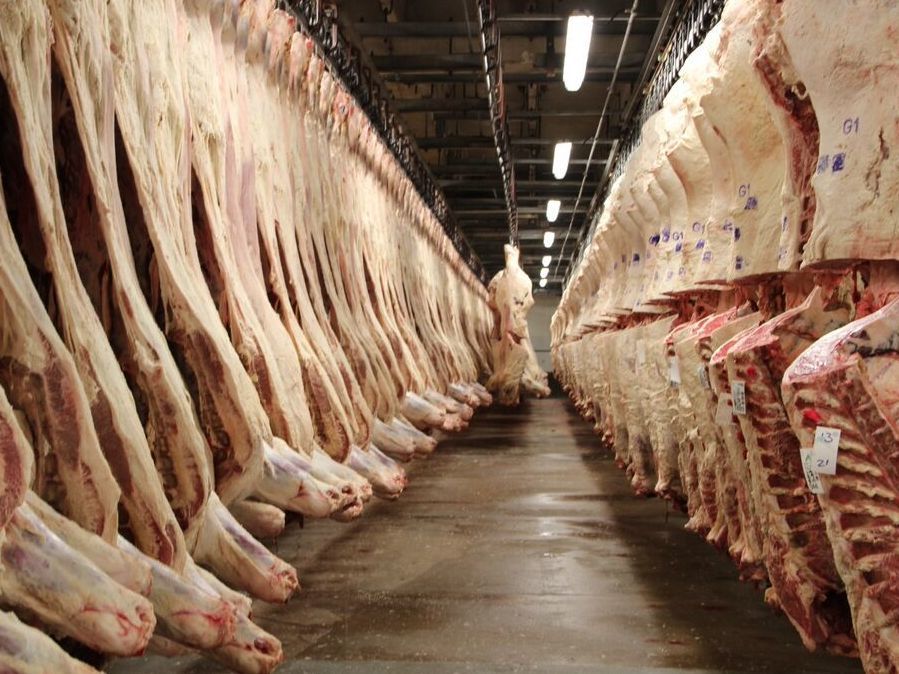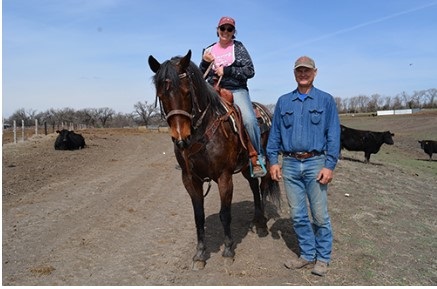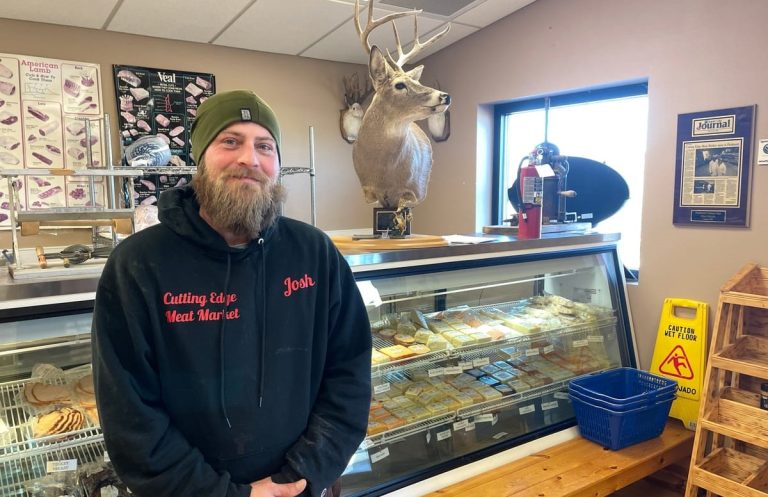CHICAGO, IL – The four largest meatpackers were hit by a new price-fixing lawsuit from a group of small food distributors. The suit was filed on October 9 in the U.S. District Court in Northern Illinois against Cargill, JBS USA, National Beef, Tyson Foods and Swift Beef, claiming the packers have been conspiring to fix beef prices for years.
“Starting at least as early as January 1, 2015, Defendants exploited their market power in this highly concentrated market by conspiring to limit the supply of beef sold to purchasers in the U.S. wholesale market, including Plaintiffs, which resulted in higher prices paid by Plaintiffs,” the lawsuit read.
Congressional hearings have covered price gouging in the beef sector, and several of the companies named in the suit paid huge fines in recent years to settle price-fixing claims.
Tyson Foods in 2021 paid $221.5 million to resolve a case accusing it of inflating the price of chicken, and last year JBS paid $52 .5 million to settle a case that alleged it inflated the price of its beef.
In congressional hearings last year, executives from Cargill, Tyson, JBS and National Beef denied they were manipulating prices to their benefit and instead attributed cost increases to natural movements in the market.
The distributors said the alleged scheme caused financial harm at least through the end of 2021. “As a result, Plaintiffs paid higher prices for beef than they otherwise would have paid in a competitive market,” states the lawsuit, seeking relief under the Sherman Antitrust Act.
A witness previously employed by Swift Beef was noted in the suit as having witnessed the conspiracy, confirming that packers all agreed to reduce their cattle purchases and slaughter volumes for the intent of increasing their profit margins.
Distributors claim that in addition to restraining supply numbers, other market characteristics assisted with the defendants’ collusion, including “packer concentration, high barriers to entry, inelastic demand, the commodity nature of beef, frequent opportunities to conspire, market share stability, and decreased imports.”
The suit says the defendants at times wanted higher volumes to capture a greater share of the market, and at other times wanted lower volumes to keep beef prices high and pad their profits at the expense of companies further down the supply chain.
“Defendants’ quarter-to-quarter slaughter changes moved in lockstep with each other. This parallelism is consistent with, and the product of, an agreement to jointly manage and reduce slaughter levels below a competitive level,” the complaint reads.
The defendants increased production in 2012 through 2014 to capture a bigger market share, and then decreased production in the following years by an average of 11.3%, the complaint says.
“Defendants’ strategy was immediately successful, with lower slaughter volumes and lower beef output resulting in artificially high beef prices, despite cash cattle prices falling. Defendants’ meat margins expanded rapidly as a result,” the complaint reads.
In August, antitrust claims against the Big 4 by a group of ranchers was dismissed. A federal judge in Minnesota dismissed the claims filed by a putative class of cattle ranchers in a long-running case that alleged an industry-wide scheme to fix prices.












